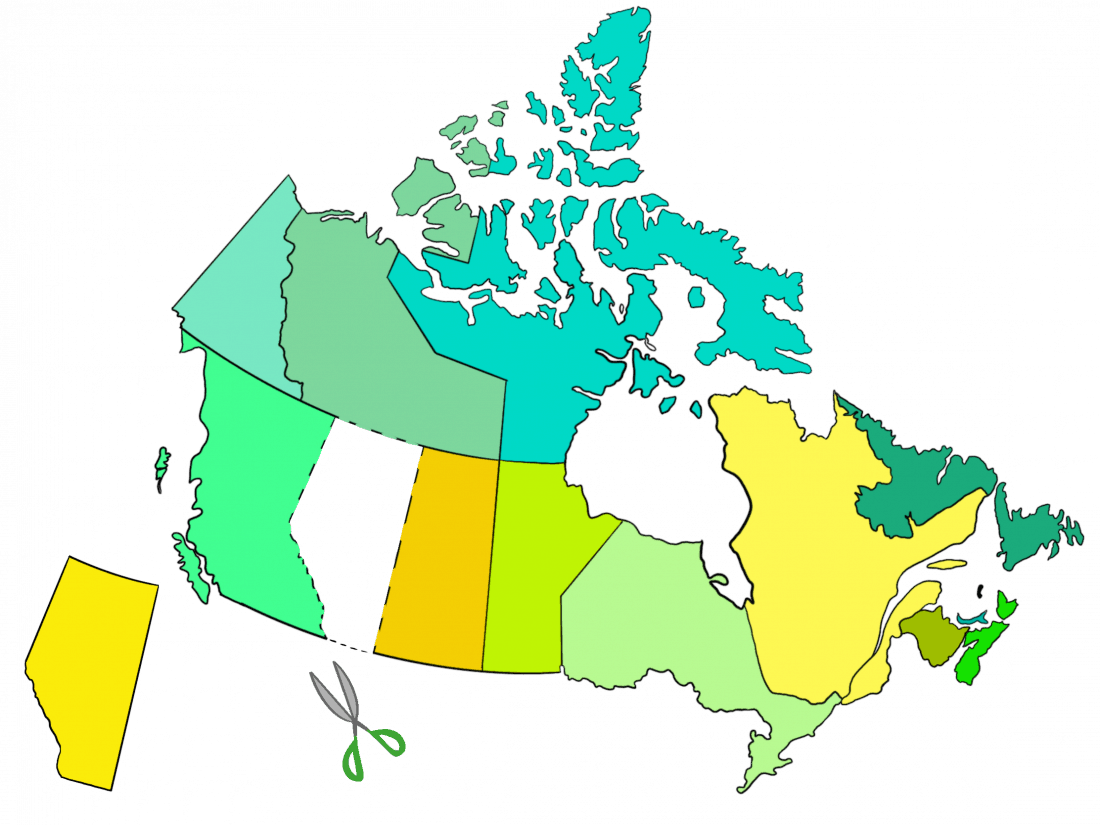
I never really spent much time in Alberta before taking a summer internship in the oil country. The experience was truly a provincial crash course that I never really asked for.
More often than not, I would fall into conversations about politics — their provincial election happening only a month before my arrival, which saw Premier Kenney’s newly-formed United Conservative Party take majority of the province.
I was working just outside of Edmonton in the small blue collar City of Leduc. People in the area keep a close watch on the price of gas and knew exactly what the latest delay was for the TransMountain Pipeline.
People wanted to vent about their latest issues with Trudeau or the decline in the economy, and it was easy enough to navigate these conversations. Only once was I really put on the spot.
“Do you respect Trudeau?” The question was an abrasive start to my exchange with a middle-aged man I met around a campfire one weekend. Albertans really don’t waste time easing into topics.
I took a moment to think — the campfire crackling as my eyes darted to the nearest exit. The answer I mustered up was a safe response, though not solid enough to get me out of the hot seat.
I soon learned that this man believes that the only way for Alberta to be prosperous is if it secedes from Canada. I know that Quebec has been mulling it over for years, but I didn’t think there was much traction for western separatism.
It appears to be a movement fueled by both pride and frustration. With a population of 4.3 million people, Alberta has a high gross domestic product totalling $33.5 billion in 2018. It’s ranked third of the provinces, falling just behind Quebec with Ontario taking first place.
Seeing itself as self-sufficient, relying heavily on natural resource extraction, the man explained that Alberta doesn’t gain nearly as much as they lose with the federal wealth redistribution system, better known as equalization.
The frustration is intertwined with feelings of underappreciation. Paying $21.8 billion more in taxes than they get back, it’s not hard to imagine how the carbon tax and slow movement on pipelines is interpreted as anti-
Alberta legislation.
Alberta Premier Jason Kenney said he would potentially hold a referendum on equalization in 2021 — though this would likely be more of a symbolic move to generate discussion in Ottawa about the equalization formula. Pulling out of the system entirely is complicated as it is enshrined in the constitution.
Yet frustration is mounting in Wild Rose Country. In the summer, Kenney fired back at Quebec Premier François Legault in a Facebook post, saying that “if you want to benefit from our oil and gas wealth, stop blocking oil and gas pipelines.”
A lot of this tension is due to the fact that almost $12 billion in equalization payments were directed to Quebec last year while Alberta received none.
But Saskatchewan Premier Scott Moe has been cozying up to Kenney. They share similar views, including their criticisms of equalization and opposition to the carbon tax. During the summer, it really did feel like the relationship between the two prairie provinces could be likened to that of siblings — Saskatchewan being the younger, more timid one, of course.
The man at the campfire asked me if I thought Saskatchewan would consider following Alberta to seceding from Canada. I said that I wasn’t the authority on that, however, I thought I would consult you all and get back to him.
—
Nykole King/ Editor-in-Chief
Graphic: Shawna Langer/ Graphics Editor
Leave a Reply